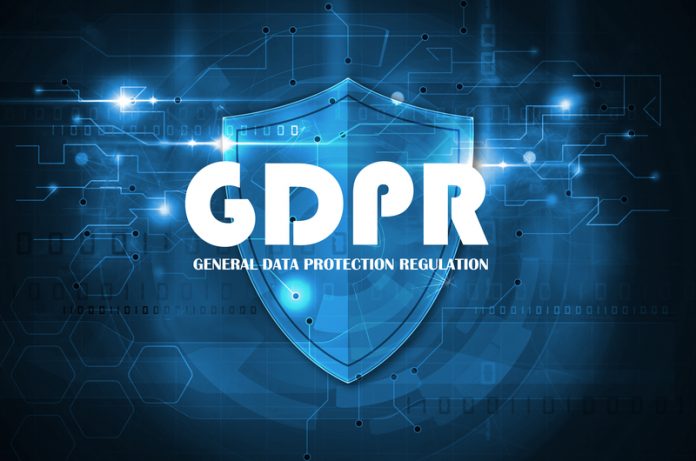Andrew Cowling, Channel Marketing Specialist at Fujitsu Scanners imparts his expertise on why it is important to consider digital processes to help towards GDPR-compliance and the wider digital transformation benefits
Last month saw the introduction of the GDPR and brings harmonisation across the EU regards data privacy. This is no Y2K and will not go away so it is imperative if you havent started already on the journey towards GDPR compliance that you must ensure within your organisation that anyone holding personally identifiable data can prove the consent, the security and management of that data. There are a number of questions that data holders need to ask themselves:
- Right to access – can you find all the data you hold on an individual, how quickly can you respond to SARs?
- Retention periods – do you know how long you can lawfully hold the data for?
- Data erasure – are you confident that the right of an individual to be forgotten can be met and that every single trace can be removed?
- Privacy by design – are you building in security steps from the outset?
- Security – how many copies of your documents exist?
- Consent – do you have consent to hold the data and how will you use it?
- Audit trails – GDPR is not just about being compliant but proving it in a court of law – can you confidently prove your processes are lawful?
When it comes to achieving GDPR compliance the starting point recommended is to conduct an assessment of the relevant data held today and where it resides – opening with the digitisation of paper-based documents through scanning and merging with any digitally born material.
More than just compliance
While GDPR is a strong reason, there are a number of reasons for organisations to additionally embrace moving from paper to digital processes.
Investment in digital transformation now can deliver savings and efficiencies across the whole business, as well as helping to prepare for future regulatory compliance, legislation can be a powerful tool to drive a cultural change, so GDPR should also be seen in that light.
These benefits include:
Better organised data, all stored in one place;
Increased storage capabilities with Cloud-based servers;
Quicker to both find and retrieve files;
Ability to manage data more effectively;
Easier to share information/files between colleagues and across office locations;
Increased efficiencies/time savings for administrative staff;
Increased office space with less physical filing and;
Deliver business efficiencies while helping to achieve compliance with GDPR. The potential risks associated with GDPR – most notably the fines and reputation – mean organisations simply have to be prepared.
Fujitsu is working with a number of partners on specific solutions for the public sector looking in depth at areas such as SARs, retention periods and data handling and now have a solution that offers a methodical and structured approach to GDPR with impressive deployment and proven track record success in addressing stringent German privacy laws over the last decade. If you’d like to know more then please contact us today.
Please note: this is a commercial profile
Andrew Cowling
Channel Marketing Specialist
Fujitsu Scanners
Tel: +44 (0)208 5734 444











